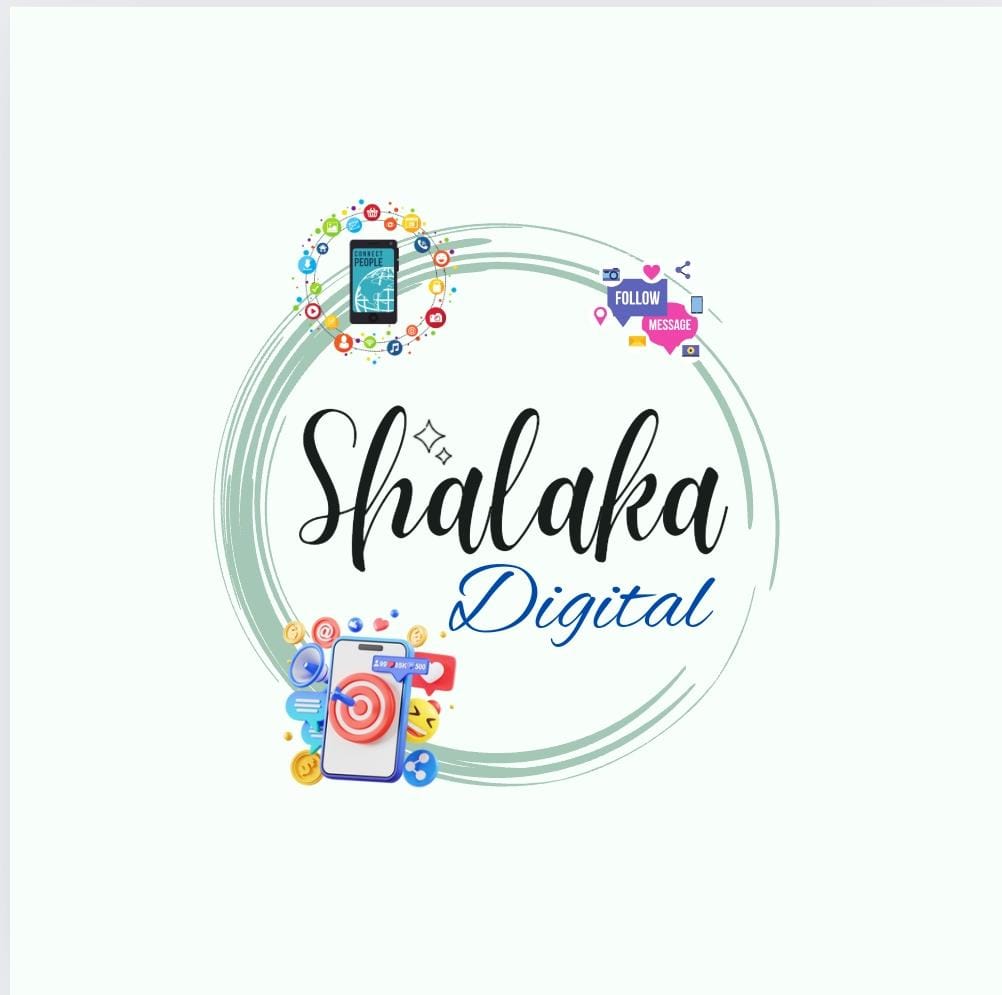
The digital marketing landscape is continuously evolving, driven by advancements in technology and changes in consumer behavior. Keeping up with the latest trends is crucial for businesses looking to stay ahead of the competition. Here are some of the recent trends in digital marketing that are shaping the industry:
1. Artificial Intelligence and Machine Learning
Artificial intelligence (AI) and machine learning (ML) are revolutionizing digital marketing. These technologies enable businesses to analyze large sets of data to predict customer behavior and personalize marketing efforts. AI-powered chatbots, for example, provide instant customer service and improve user experience. Additionally, machine learning algorithms help in optimizing ad campaigns by predicting which strategies will yield the best results.
2. Voice Search Optimization
With the rise of smart speakers and voice assistants like Amazon’s Alexa, Google Assistant, and Apple’s Siri, voice search has become increasingly popular. Businesses are now focusing on optimizing their content for voice search to capture this growing audience. This includes using natural language keywords and answering commonly asked questions directly within their content.
3. Video Marketing
Video content continues to dominate the digital landscape. Platforms like YouTube, TikTok, and Instagram Reels have made video a crucial part of any marketing strategy. Live streaming is also gaining traction, allowing brands to engage with their audience in real-time. Videos are not only engaging but also help in explaining complex products and services more effectively.
4. Social Commerce
Social media platforms are evolving into full-fledged shopping destinations. Features like Instagram Shopping, Facebook Shops, and Pinterest’s Buyable Pins allow users to purchase products directly from social media. This seamless integration of social media and e-commerce enhances the shopping experience and makes it easier for businesses to convert followers into customers.
5. Influencer Marketing
Influencer marketing remains a powerful strategy for reaching targeted audiences. However, the trend is shifting towards micro-influencers and nano-influencers who have smaller but highly engaged followings. These influencers often have a more authentic connection with their audience, resulting in higher trust and better engagement rates.
6. Personalization and Customization
Personalization is no longer just a nice-to-have; it’s expected by consumers. Brands are leveraging data to create personalized experiences for their customers. This includes personalized email campaigns, product recommendations, and tailored content. Businesses that can deliver a personalized experience are more likely to build strong customer relationships and increase loyalty.
7. Augmented Reality (AR)
Augmented reality is becoming a popular tool for enhancing customer experiences. Brands are using AR to create interactive and immersive experiences that allow customers to try before they buy. For example, beauty brands offer virtual try-ons for makeup, and furniture companies allow customers to visualize how products will look in their homes.
8. Content Marketing Evolution
Content marketing continues to be a cornerstone of digital marketing, but the focus is shifting towards quality over quantity. Interactive content, such as quizzes, polls, and infographics, is gaining popularity as it engages users and provides a more immersive experience. Additionally, long-form content and comprehensive guides are being used to establish authority and provide value to the audience.
9. Privacy and Data Protection
With increasing concerns over data privacy, businesses are being more transparent about how they collect and use customer data. Compliance with regulations like GDPR and CCPA is crucial. Marketers are focusing on building trust by being transparent and giving consumers control over their data. This shift is leading to the rise of permission-based marketing.
10. Sustainability and Social Responsibility
Consumers are becoming more conscious of sustainability and social responsibility. Brands that demonstrate a commitment to these values are gaining favor with socially conscious consumers. Marketing campaigns that highlight eco-friendly practices, ethical sourcing, and social initiatives are resonating well with audiences.
Conclusion
Staying abreast of the latest trends in digital marketing is essential for businesses aiming to maintain a competitive edge. By embracing technologies like AI, optimizing for voice search, leveraging video content, and focusing on personalization, businesses can enhance their marketing strategies and better meet the needs of their customers. As the digital landscape continues to evolve, adaptability and innovation will be key to success in digital marketing.

 In Today’s Digital Age, Businesses Must Recognize The Power of Digital Marketing. With most consumers spending more time online than ever, businesses that fail to establish a strong online presence risk falling behind their competitors. But mastering the art of digital marketing is easier said than done.
In Today’s Digital Age, Businesses Must Recognize The Power of Digital Marketing. With most consumers spending more time online than ever, businesses that fail to establish a strong online presence risk falling behind their competitors. But mastering the art of digital marketing is easier said than done.